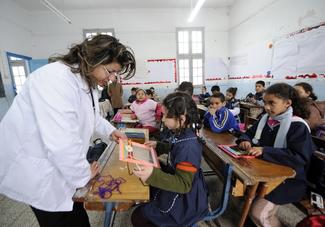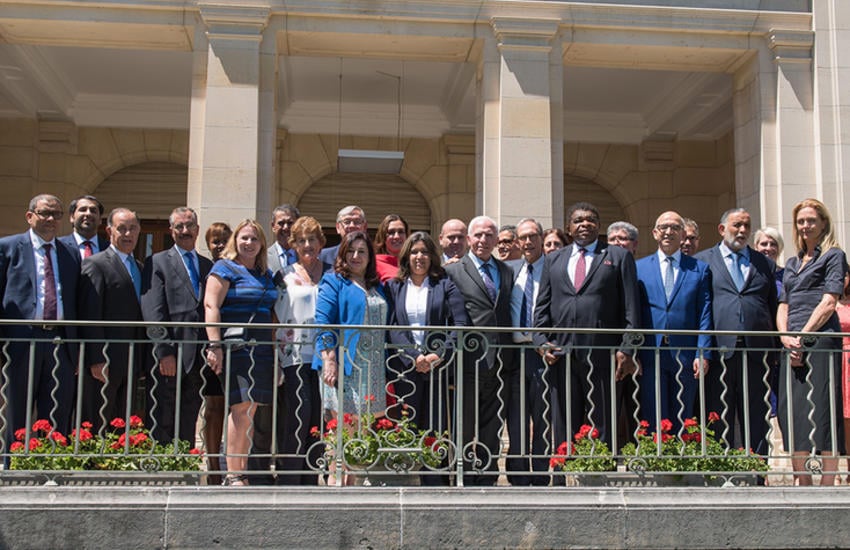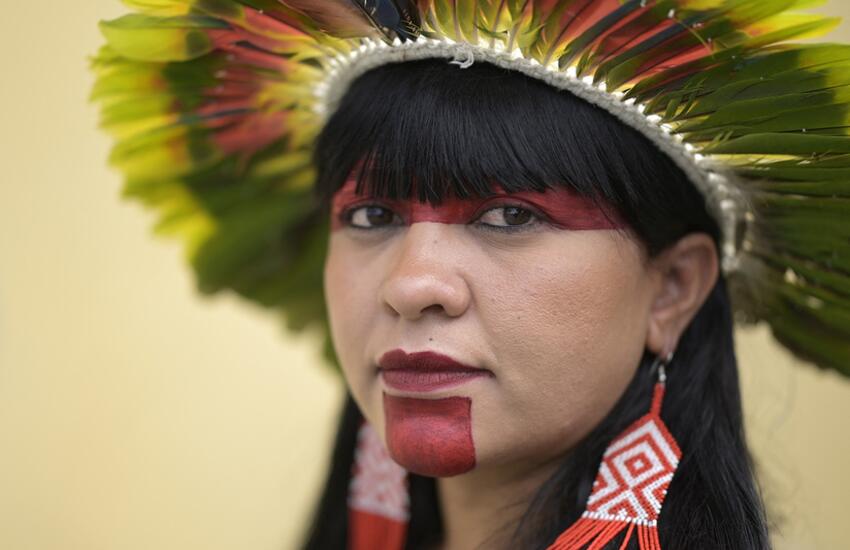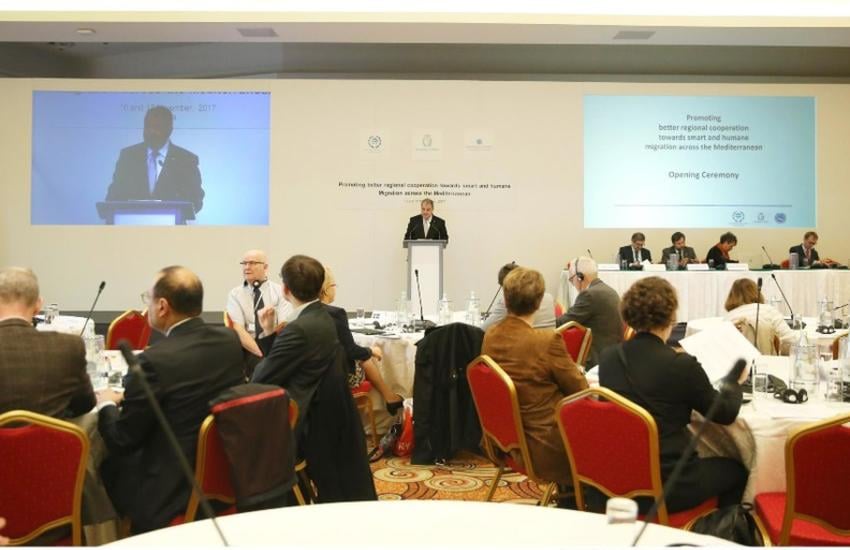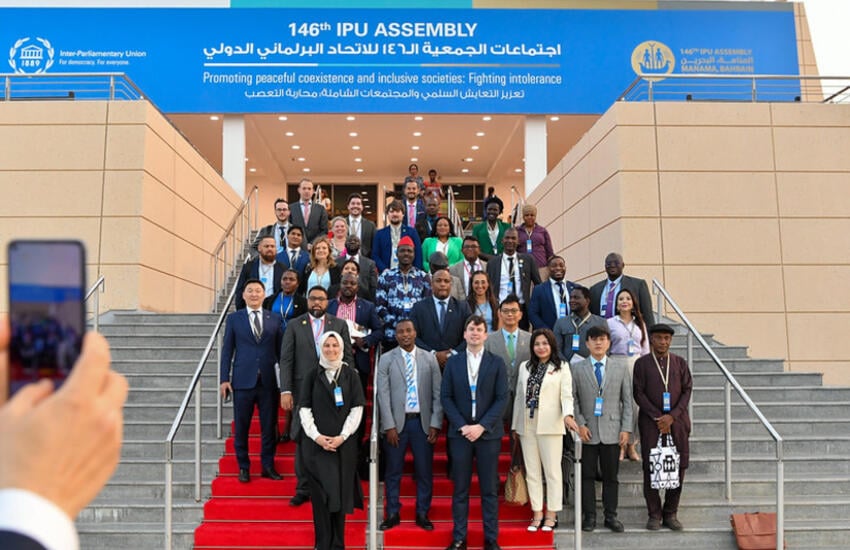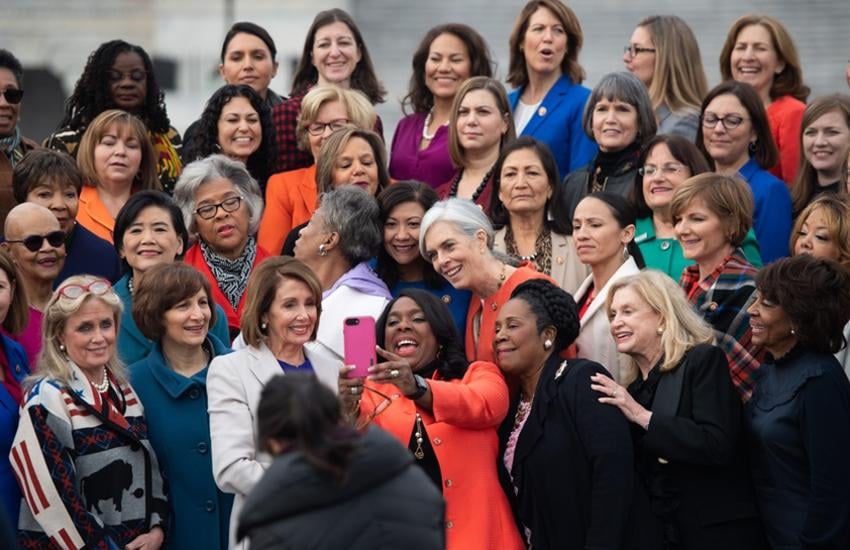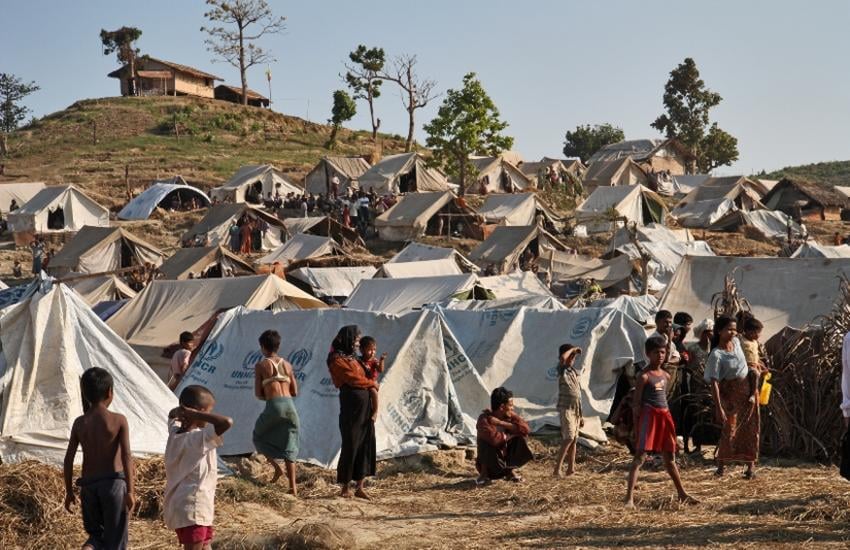Gender equality and good governance were the main themes discussed at the first Regional Seminar on the Sustainable Development Goals (SDGs) and Gender Equality to take place in the North Africa Middle East region. Organized jointly by the IPU, the Arab IPU, and the House of Representatives of Egypt, the seminar was attended by MPs from 15 countries in the Library of Alexandria, Egypt last week.
SDG 5 ‘Gender Equality’ and SDG 16 ‘Peace, Justice and Strong Institutions’ are particularly relevant in a region which has undergone huge political changes since the Arab Spring of 2010-2012. The region’s economic growth slumped by 3.5 per cent from 2011-2014 following a previous drop of 6 per cent from 2005–2010 and unemployment is high, especially among women and young people. Conflict in the region is also a barrier to development and economic growth.
The SDGs are an opportunity for the region to develop socio-economic policies that lead to sustainable growth, employment and a life free from discrimination - notably for women who represent a high percentage of the entire population. The SDGs are also an opportunity to safeguard peace and security by addressing poverty and promoting good governance.
Ulrika Karlsson, President of the IPU Forum of women parliamentarians, who opened the seminar on behalf of the IPU, said “I am impressed by the commitment of MPs from the region to improve women’s rights and promote gender equality as they implement the SDGs. However, there is still a tremendous amount of work to be done to empower women in business and politics.”
Participants agreed that while there has been some progress, parliaments need to promote more gender equality in education, training and employment as well as in economic and political leadership. There has been an increase in the number of policies promoting equality in several Arab countries over recent years. Some countries have adopted temporary measures to increase women’s participation in politics. Furthermore, several countries now have laws to protect women against violence, including, for example, Jordan, Lebanon and Tunisia.
However, more permanent policies are required to support women’s economic and political empowerment and to overcome the legal, social and cultural barriers they face. This includes more efforts in repealing discriminatory laws and ending harmful practices against women and girls, such as child marriage and female genital mutilation.
The seminar ended with a commitment from the MPs to include a gender equality perspective in all their work on the SDGs; to review legal frameworks to remove discriminatory legal provisions against women; and to use their oversight power to hold governments to account on SDG strategies and planning.





